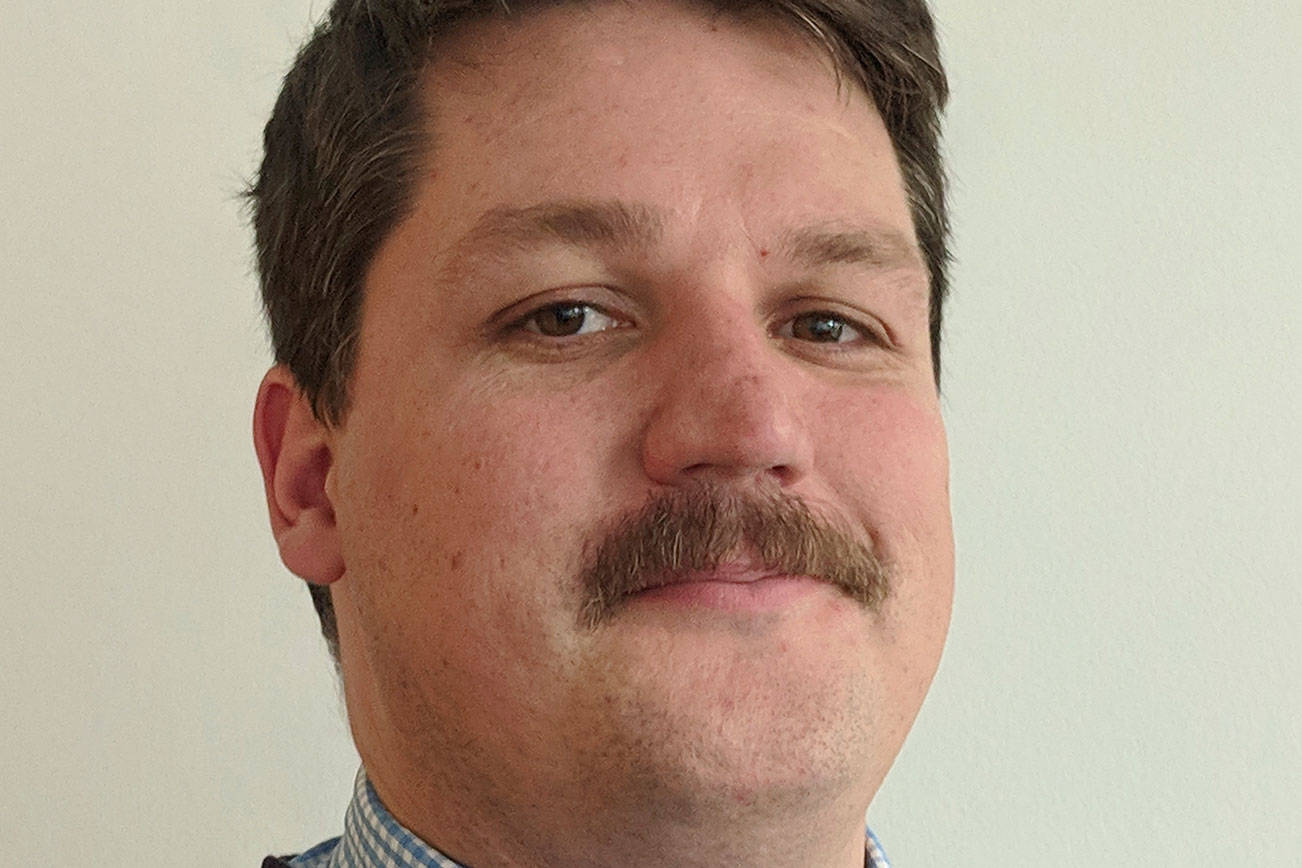Transparency. Accountability. These are essential to maintaining any free, elected government.
Reviewing public records is one of the most effective ways to ensure your local government is functioning properly. Through public records, an everyday citizen (or a newspaper reporter) can uncover a plethora of wrongdoings — misappropriation, cronyism, and any number of illegal actions.
In Snoqualmie, the city council is more interested in saving a buck than remaining transparent or accountable.
The council recently voted 4-2 to limit public records access. They will spin it, but the truth is the vote of the four council members — Bob Jeans, Katherine Ross, Bryan Halloway and James Mayhew — absolutely limits the public’s access to public records.
Going from 172 staff hours per month to 16 dedicated hours per month to fill public records requests means records requests will not be filled in a timely manner. Not even close to a timely manner. (Other department designated staff may assist the public records clerk for as many as eight hours.)
I’m assuming Councilmember Jeans understood that the new limit is unreasonable and that’s why he twice motioned to increase the new monthly hours limit (first to 50 hours, then to 30), but he was unsuccessful. Why he would then vote for the limited dedicated hours policy is beyond me.
What was the intent of this new limit? It’s hard to prove intent. I won’t speculate. The city’s explanation is that it wants to save a buck. The city is saving that buck at the expense of transparency, and clearly it’s not interested in being held accountable. Others may speculate there is nefarious intent and it’s an attempt to hide unscrupulous activity. Again, I refuse to speculate on the intent.
Surely if the city wanted to save a buck, it could do so elsewhere and still maintain transparency and accountability. Further, it has to be asked, could there be efficiencies in the public records process that could ease the burden? Is the staff member assigned to public records fulfillment capable of competently fulfilling the records requests in a timely, efficient manner? Has staff received appropriate training to fulfill records efficiently?
In fact, the Washington Coalition for Open Government (WCOG) sent a letter to the council with suggestions to help with the public records load while also fulfilling the requests in a timely manner. That advice was essentially ignored.
Instead, Bob Jeans, Katherine Ross, Bryan Halloway and James Mayhew voted to limit public records access.
(In North Bend, the city council also recently approved a policy to limit public records staff time; however, that city council aimed for a policy that would not severely hamper records requests. The current workload generates about 21 hours of records work a month, and North Bend’s new policy limits city time to 20 hours.)
Further, the Snoqualmie City Council included language in the policy that prohibits use of a camera, photo or any electronic device while reviewing public records. In snapping a picture of a public record with a smartphone, the public can quickly and efficiently capture that record, thereby saving their own time and city staff time while also ensuring accuracy. Mandating only handwritten notes is backward.
The Washington Newspaper Publishers Association, WCOG and the Fire Brigade, a subcommittee of Washington’s Bench-Bar-Press committee, recently challenged similar copy limitations in Eastern Washington with success.
A story in the June 2019 issue of The Washington Newspaper (https://bit.ly/2LFQ0w7) quotes Judge Judith Ramseyer, the current Fire Brigade chair, who said, “…the Washington State Association of County Clerks (WSACC) previously had discussed this issue. Coincidentally, they had a board meeting at the end of last week and offered to again raise the issue. I am happy to report that WSACC agrees County Clerks should not prohibit reporters from photographing court records. Most counties have not. Those few who have no longer will do so.”
Jeans, Ross, Halloway and Mayhew are seemingly not interested in transparency or accountability.
But this seems consistent to the city administration’s course of action. The city limits public comment to three minutes, the city has changed the newspaper of record to a daily newspaper thereby limiting accessibility (likely at a greater cost to the city, and definitely at a greater cost to the public — there goes the argument of fiscal responsibility), and now the city is limiting public access to public records.
Luckily, the public can respond. Both Mayhew and Ross are up for re-election. Both have challengers.
Ross has two challengers and will vie to retain her seat in the Aug. 6 Primary Election. Mayhew’s seat will be on General Election ballots on Nov. 5.
Is transparency important to you? Is accountability important to you? Both are essential to maintaining a free, elected government. We know where Mayhew and Ross stand on transparency and accountability… where do their challengers stand? It is worth asking.
Corey Morris is the regional editor of the Snoqualmie Valley Record.


